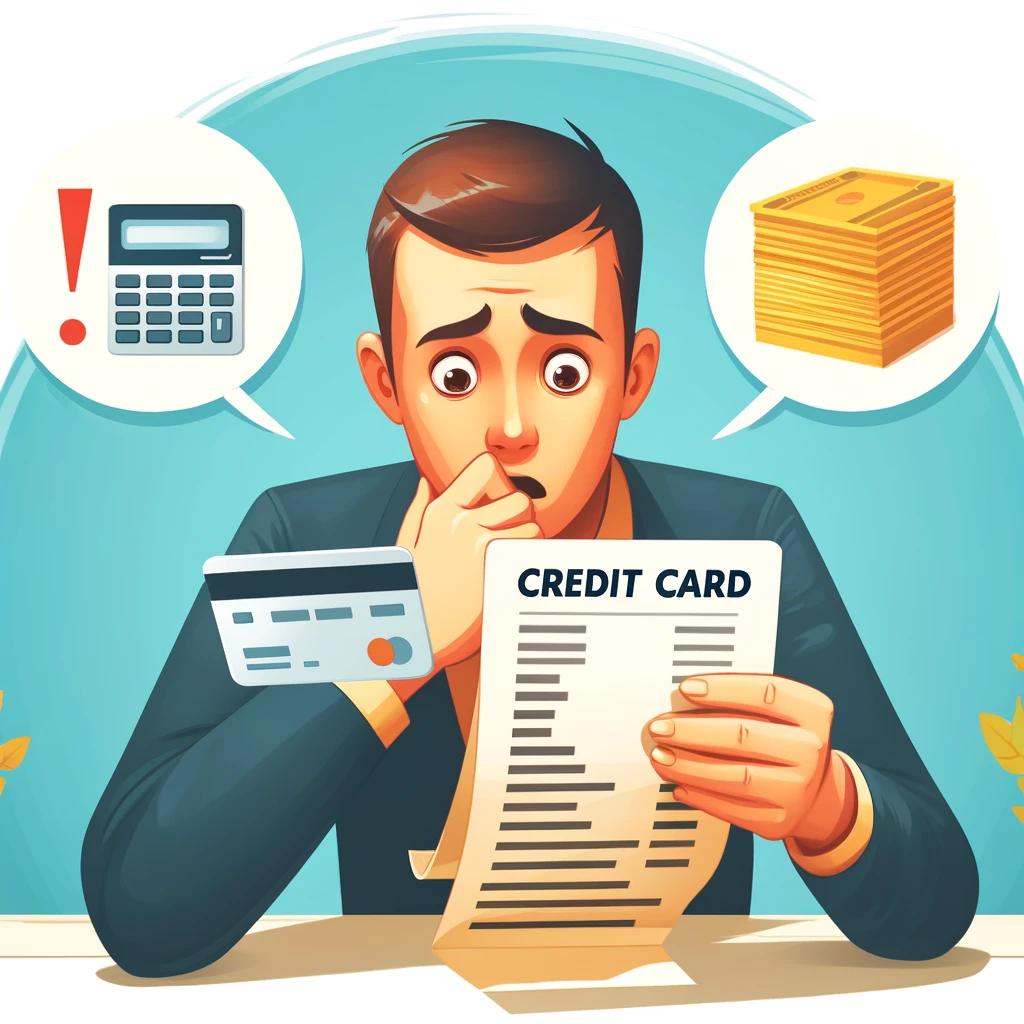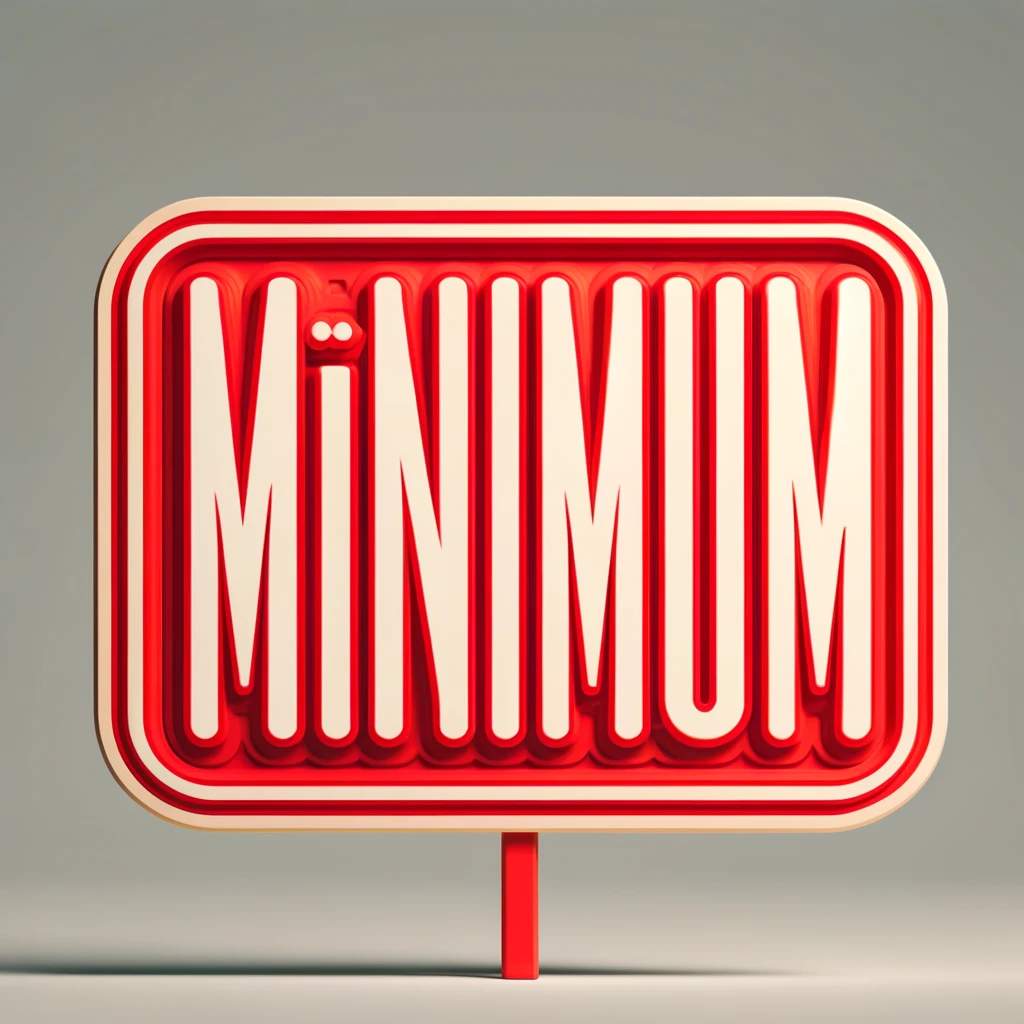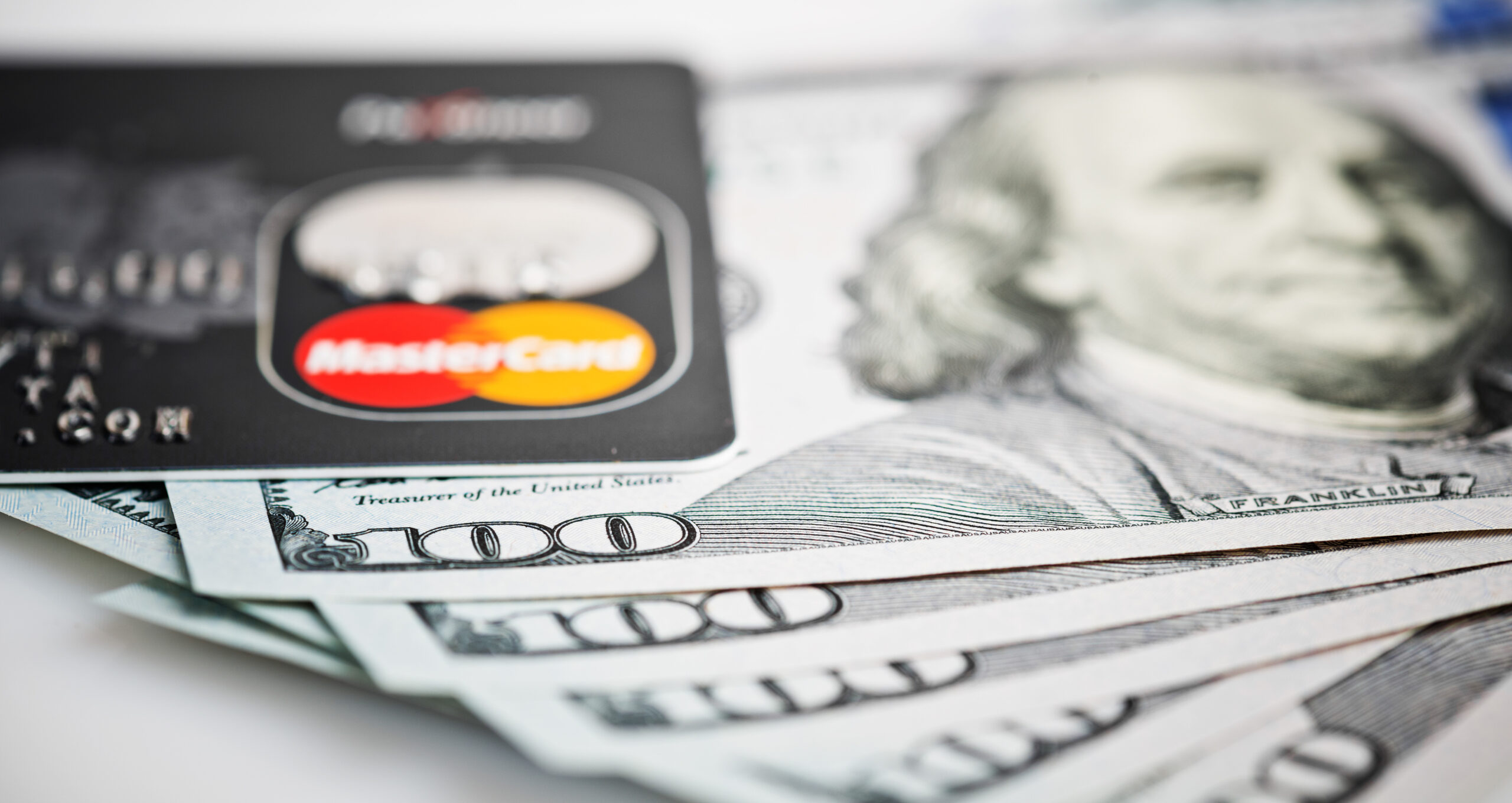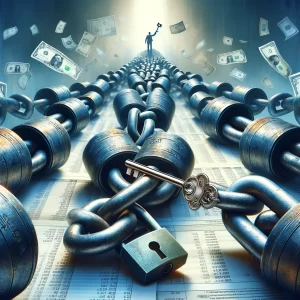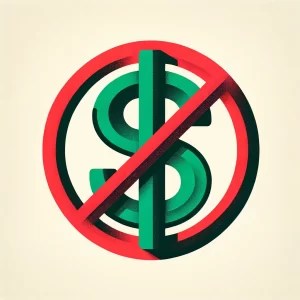
Struggling financially can be incredibly frustrating, especially when you’re unsure of the reasons behind it. If you’ve been asking yourself, “Why am I broke?” you’re not alone. Many people face financial difficulties, often due to common but overlooked mistakes. Understanding these reasons can be the first step toward financial freedom.
Living Beyond Your Means
One of the most common reasons for financial struggles is living beyond your means. This happens when your spending exceeds your income, leading to debt and financial stress. It’s easy to fall into this trap with the availability of credit cards and loans. To avoid this, it’s essential to create a budget and stick to it, ensuring that your expenses do not surpass your earnings.
Lack of Budgeting
Another significant reason people find themselves broke is the absence of a proper budget. Without a clear understanding of where your money is going, it’s easy to overspend. Budgeting helps you track your income and expenses, allowing you to identify areas where you can cut back. If you don’t budget, you may be surprised at how quickly small, unnecessary expenses can add up, leaving you wondering, “Why am I broke?”
High Debt Levels
Carrying high levels of debt can also contribute to financial instability. When a large portion of your income goes toward paying off debts, it leaves little room for saving or investing. High-interest rates on credit cards and loans can make it even more challenging to get ahead. To improve your financial situation, focus on paying down your debt as quickly as possible and avoid taking on new debt whenever possible.
Lack of Emergency Savings

Many people find themselves broke because they don’t have an emergency fund to fall back on. Unexpected expenses, such as car repairs or medical bills, can quickly drain your finances if you’re not prepared. Having at least three to six months’ worth of living expenses saved can provide a safety net during tough times. Without this cushion, even minor financial setbacks can lead to significant financial strain.
Poor Money Management Skills
Poor money management skills can also be a reason you’re struggling financially. This includes not paying attention to your spending, failing to save regularly, and not planning for the future. Improving your financial literacy and learning basic money management techniques can make a significant difference. Small changes in how you handle money can help prevent you from asking, “Why am I broke?” in the future.
Overspending on Non-Essentials
Spending too much on non-essential items is another common cause of financial woes. It’s easy to justify small purchases, but these can add up over time and strain your finances. By prioritizing your spending and cutting back on non-essentials, you can free up money for savings or paying.

Latrice is a dedicated professional with a rich background in social work, complemented by an Associate Degree in the field. Her journey has been uniquely shaped by the rewarding experience of being a stay-at-home mom to her two children, aged 13 and 5. This role has not only been a testament to her commitment to family but has also provided her with invaluable life lessons and insights.
As a mother, Latrice has embraced the opportunity to educate her children on essential life skills, with a special focus on financial literacy, the nuances of life, and the importance of inner peace.


